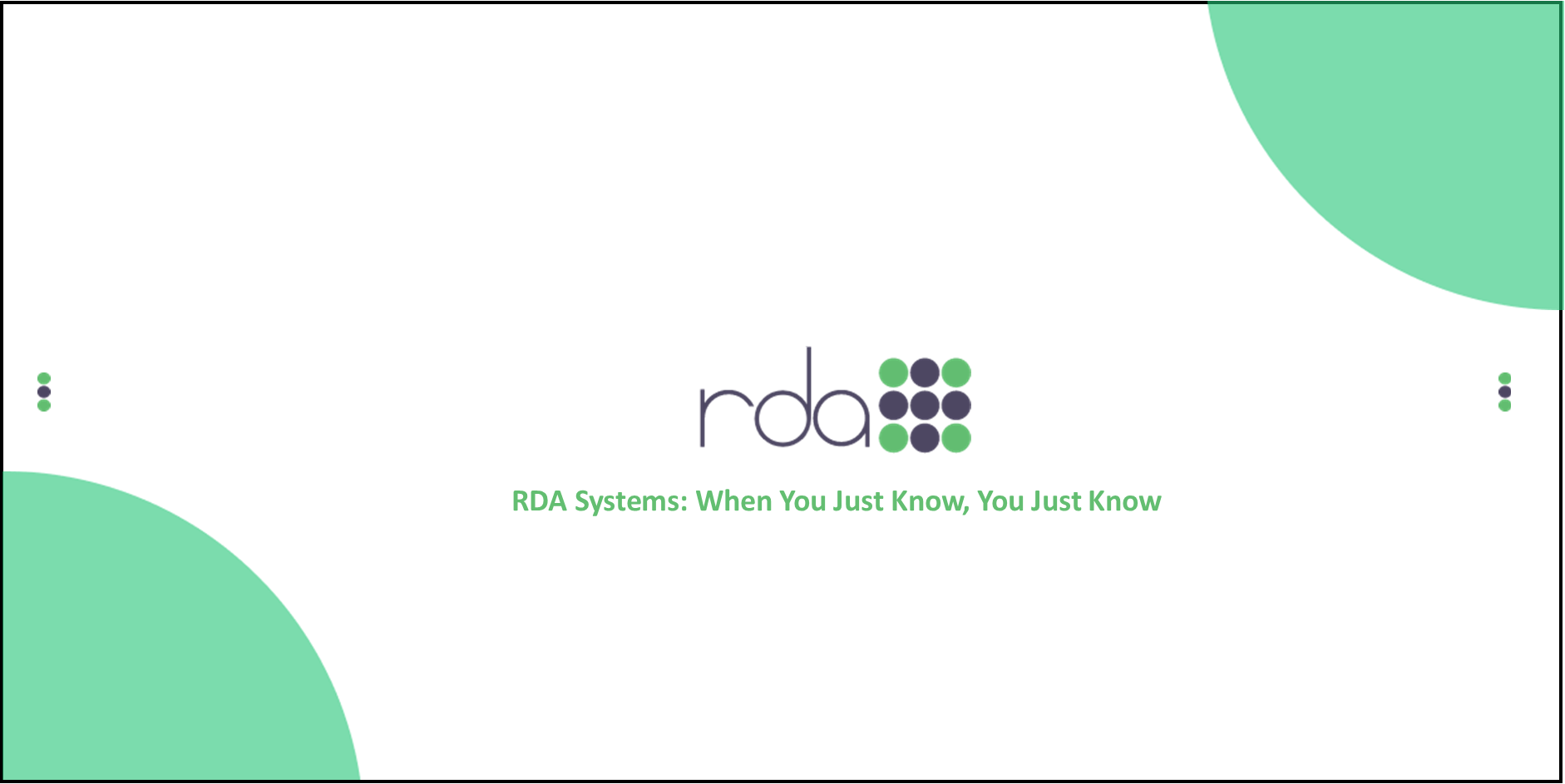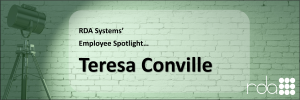This article was originally published in June of 2012. It is being republished due to its relevancy for local governments as well as to update the links (to urls) in the article and to change the exclusion amounts applicable for calendar year 2013 (has increased from $1500 to $1600).
Compensation paid to election workers (individuals hired by government entities to perform services at polling places in connection with national, state, and local elections) must be included in income (federal and state wages) reported on a W2, and may be subject to FICA and Medicare taxes. ?_(click the article title to access the full news article)
The FICA/Medicare tax exclusion is $1,600 for calendar year 2013. Whether such compensation is subject to FICA and Medicare depends on your state or your entity’s Section 218 Agreement with the Social Security Administration relative to election workers. For example, in the State of Virginia, an election worker paid less than $1,600 in calendar year 2013 is not subject to FICA and Medicare; but, if paid more that $1,600, all of the compensation is subject to FICA and Medicare. Georgia and Tennessee, however, are entity-by-entity states which permits each entity (local government) to decide whether to cover election workers under a Section 218 Agreement. The entity in such states should contact the State Social Security Administration concerning whether it has a Section 218 Agreement; and if it excludes election worker services along with the amount specified in the agreement. If the entity’s agreement does not exclude election workers, FICA and Medicare taxes apply on all the compensation. If the entity does not have an agreement, the mandatory FICA rules apply (no FICA/Medicare when less than $1,600; FICA/Medicare on all compensation when $1,600 or more in calendar year 2013). More information on the treatment of election workers is available on the?_SSA election worker page
Because it may not be possible to know what these temporary workers total compensation will be in a given calendar year (could be a primary, a primary run-off, a special election, an election, an election run-off), we recommend withholding FICA and Medicare taxes (plus the employer share) on all wages. Once the election worker has been paid and it is determined that the total compensation is less than the threshold for the calendar year, OpenRDA’s Refund Deductions process can be used to refund withheld FICA and Medicare to the election worker. And, OpenRDA’s Board-Paid Only Benefits process can be used to adjust the matching FICA and Medicare amounts. These are optional Payroll bundles for OpenRDA 101 (the Refund Deductions bundle is located under Maintenance and the Board Paid Benefits Only process is on the task bar (start tab).
A W2 must be filed for election workers who receive payments of $600 or more, even if no FICA and income tax is withheld. Furthermore, a W2 must be filed for election workers who are paid less than $600 when such payment is subject to FICA/Medicare under the entity’s Section 218 Agreement. And, there are additional considerations when the election worker is also employed by the entity in a different capacity. Bottom line, election workers should be paid via the Payroll module and not the Vendor Payments module (as a W2 is applicable and not a 1099).
Much of the above information was obtained from the IRS’ FSLG newsletters and the SSA Election Worker Page. There are FSLG (Federal, State, and Local Government) specialists that we recommend you contact should there be questions. And, please know that while we (OpenRDA) make every attempt to keep you informed via our news articles, these rules and regulations are always subject to change as well as the threshold for the calendar year. To “stay on top” of topics such as this as well as others that affect local governments, you really should subscribe to the IRS Newswire and the FSLG Newsletter (if you’re not already doing so). To subscribe and for more information, click this link to access?_FSLG

5/9/2025 NEW RDA PROGRAMS RELEASED
New Program Release for 4.1.7-46950 Here is what to expect! Negative Revenue on journal entries will now have a warning instead of an error message...
Read More...



